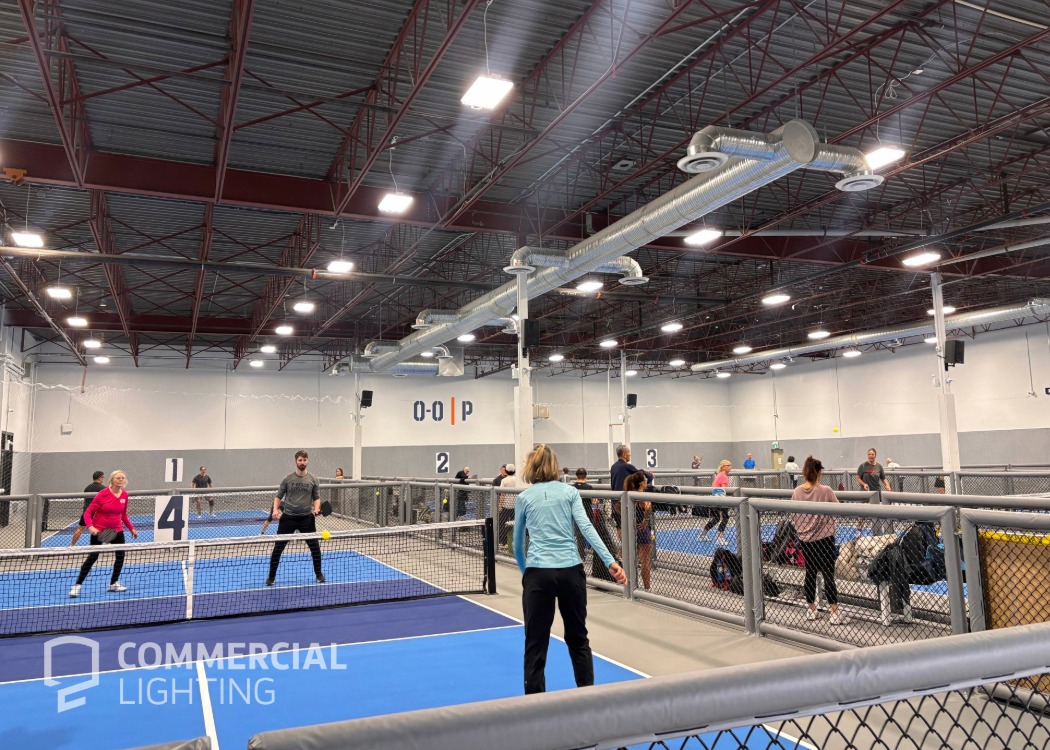The Truth Behind Solar Energy Myths
Solar energy is gaining popularity as a clean, renewable source of power. More homes and businesses are now looking towards integrating solar energy, especially in British Columbia with the recent announcement of rebates for solar and battery storage systems.
Even though Solar energy has been around for a long time (dating as far back as the 7th century B.C in fact!) many misconceptions still persist.
Our aim is to provide you with accurate and up-to-date information to help you make an informed decision.
Because let's face it, many of us are slightly worried about the electrical grid becoming overwhelmed as we introduce more technology. While much of this technology is aimed at helping us create a more sustainable future, there of course is still some kinks to work out.
So whether you're concerned about the effectiveness of of solar panels in different climates, the costs involved or the maintenance required, we've got you covered.

Myth #1: Solar Panels Don’t Work in Cloudy or Cold Climates
Fact: Solar power technology has advanced dramatically in recent years and Photovoltaic solar panels are much more efficient than ever. So much so that these panels have the ability to generate electricity even on cloudy days.
They are designed to absorb a broad spectrum of light, including indirect sunlight. Moreover, solar panels often perform better in cooler temperatures as excessive heat can reduce their efficiency. Countries like Germany and Canada, which have less sunny climates, are leading adopters of solar energy.
Myth #2: Solar Energy is Too Expensive
Fact: While the initial installation cost can be significant, the long-term savings on energy bills and the availability of rebates and incentives make solar energy a cost-effective option.
The cost of solar panels has also dropped significantly over the past decade, making it more affordable than ever. Additionally, financing options and power purchase agreements (PPAs) can help spread the cost over time.
Myth #3: Using Solar Panels Means You Can’t Use Traditional Power Sources
You don’t have to rely solely on solar power once you install solar panels. Hybrid solar inverters allow you to use both solar energy and conventional grid power. These inverters seamlessly switch between the two sources based on availability and demand, ensuring a consistent power supply.
This hybrid system maximizes energy efficiency and reliability, providing peace of mind that you’ll always have access to electricity, even on cloudy days or during high energy demand periods.
Myth #4: Solar Panels Require a Lot of Maintenance
Fact: Solar panels require minimal maintenance. They have no moving parts, reducing the likelihood of mechanical failure.
Regular cleaning to remove dirt and debris and periodic inspections to ensure optimal performance are typically all that’s needed. Most solar panel manufacturers offer warranties that cover 20-25 years, ensuring long-term reliability and performance.

Myth #5: Solar Panels Damage Your Roof
Fact: When properly installed, solar panels do not damage your roof. In fact, they can protect the portion of the roof they cover from weather-related wear and tear.
Professional installers ensure that solar panels are securely mounted without compromising the roof’s integrity. Moreover, solar panels can actually extend the lifespan of your roof by shielding it from the elements.
Myth #6: Solar Energy Isn’t Reliable
Fact: Solar energy systems are highly reliable and can provide consistent power. Modern solar technology includes battery storage systems that store excess energy produced during sunny periods for use during cloudy days or at night. Additionally, grid-tied systems allow you to draw power from the grid when needed, ensuring you always have a reliable source of electricity.
Solar panels themselves are durable, with many able to withstand harsh weather conditions like hail, high winds, and heavy snow.
The Future is Solar
Solar power as an option to generate your own energy is incredibly exciting and something that more Canadians are going to consider investing in.
Even though Solar has been around for quite some time, it's understandable that many of us still have questions and concerns around it.






